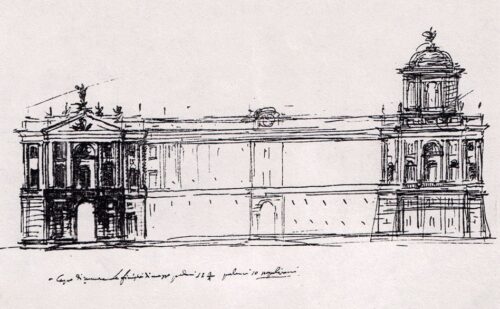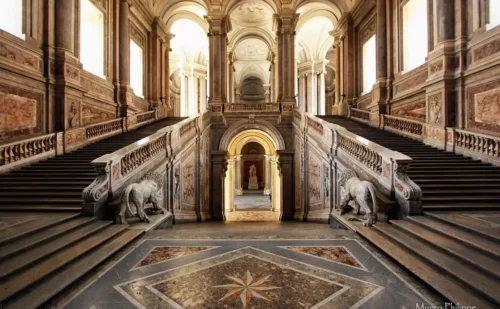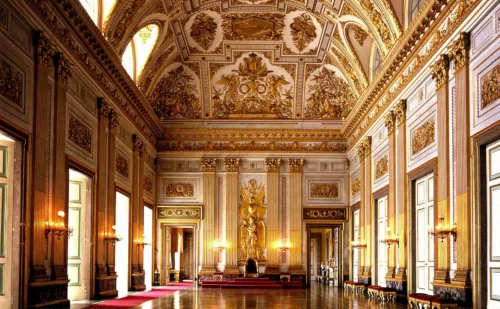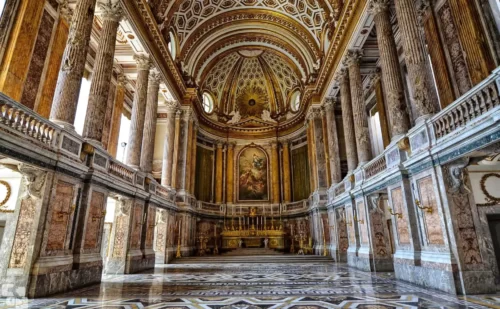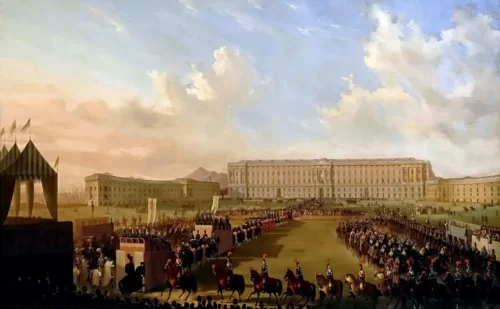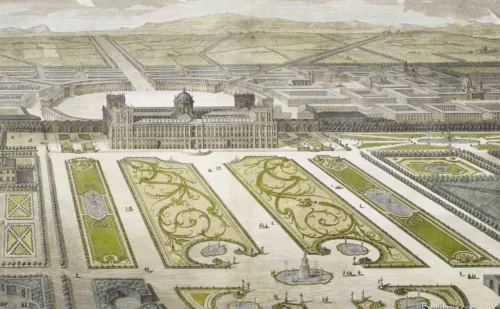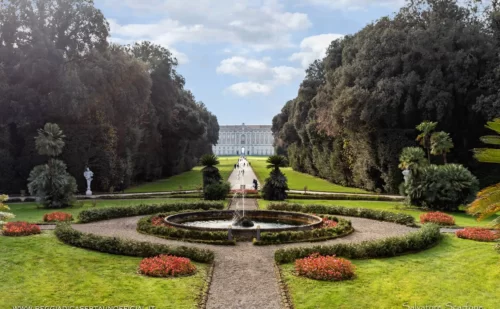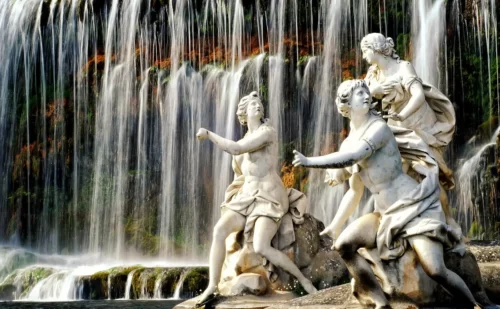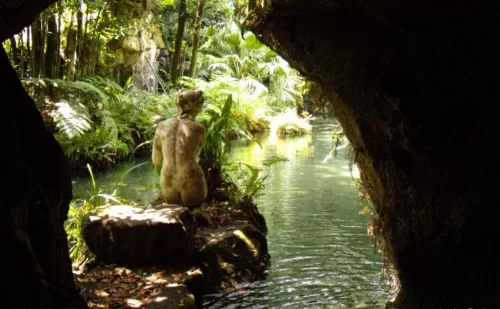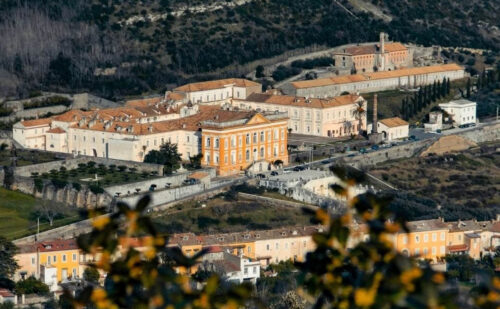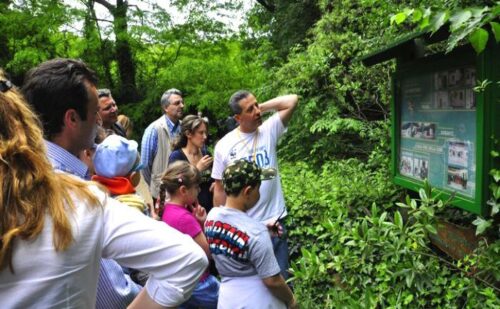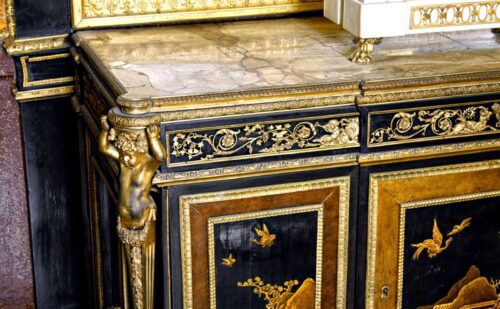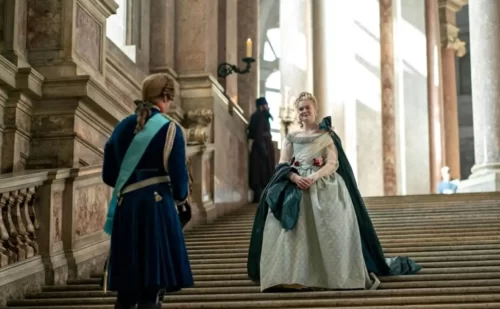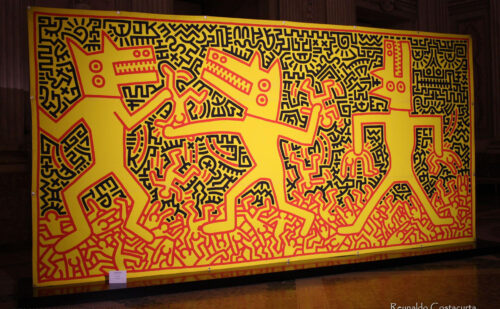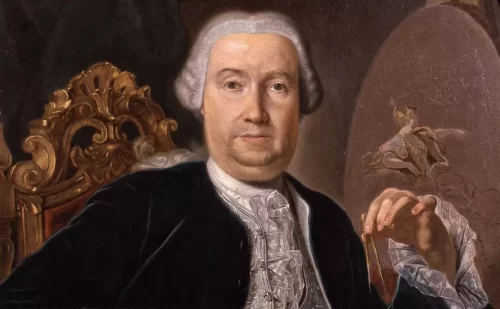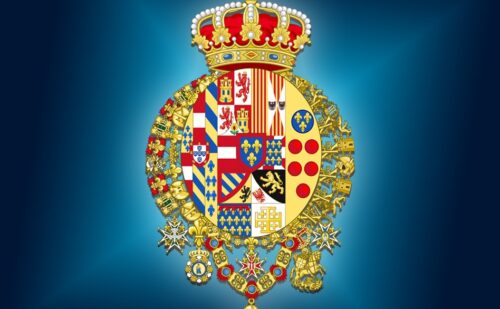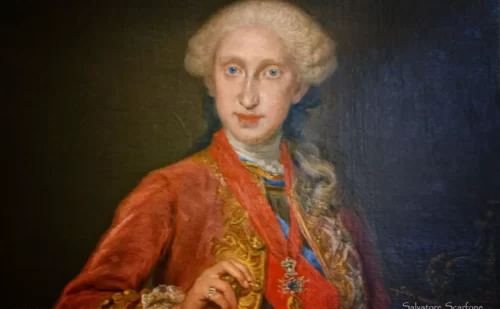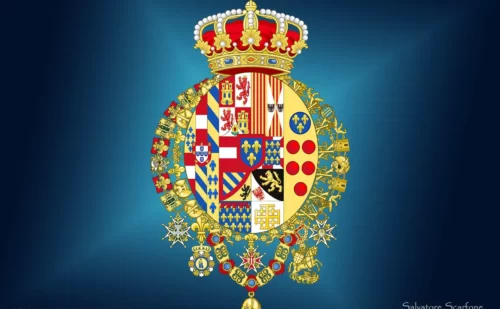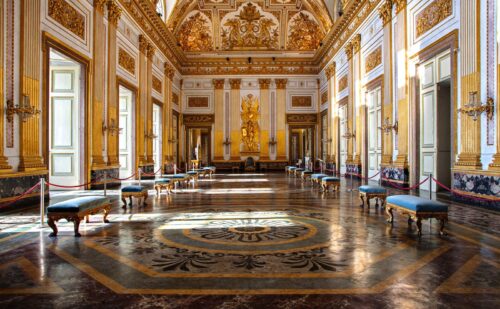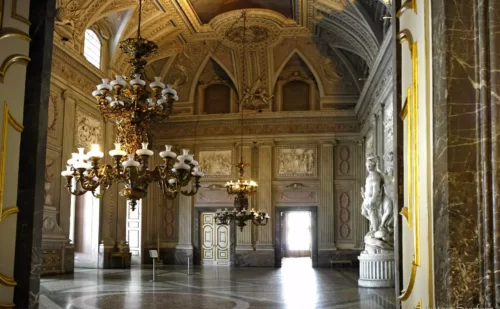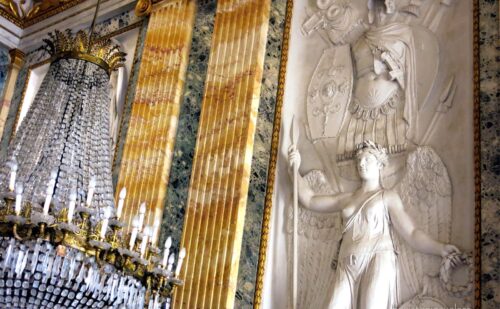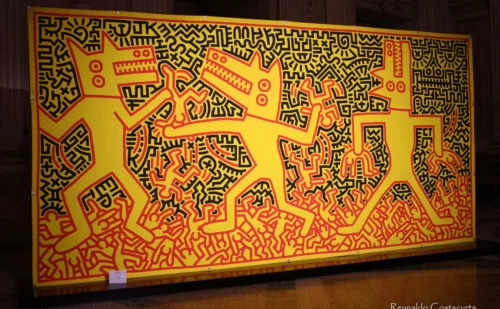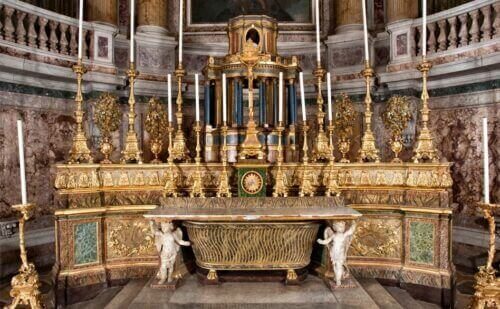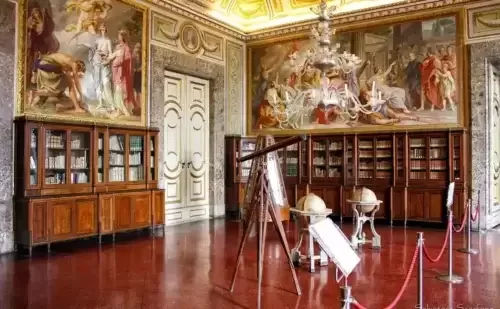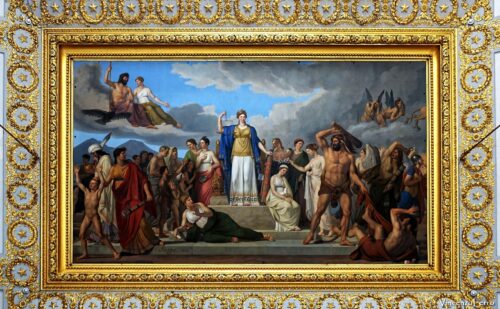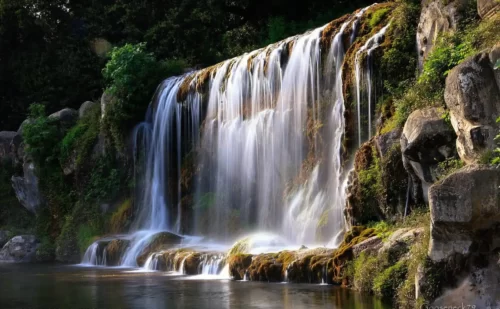Reggia di Caserta Unofficial
The reference website on the Royal Palace of Caserta, a Unesco heritage site and the largest Royal Palace in the world. From it was born Neoclassical Architecture.
Discover the history of the Royal Palace of Caserta, the Bourbons and Luigi Vanvitelli, the Architect. Read the descriptions of the interiors of all the Halls and the Royal Park, take a virtual tour, discover the films shot in the Royal Palace of Caserta, look at vintage photos and videos, documentaries, the attractions of the Province, etc. Find out the timetables. Book your tickets, the guided tour, the hotel, the train and the plane.
About The Royal Palace of Caserta
Created by Luigi Vanvitelli, the Royal Palace of Caserta is the symbolic work of the Bourbons of Naples and the Kingdom of the Two Sicilies
In the mid-1700s, the Kingdom of Naples was under constant English threat, therefore King Charles of Bourbon wanted to transfer the capital from Naples to Caserta in order to prevent it from being bombarded by English ships by sea. He entrusted the construction of the new palace to the most important architect of the time, Luigi Vanvitelli, and the work began in 1752, on the occasion of the King's birthday.
In 1756 the projects of the Royal Palace were printed and disseminated throughout Europe, and this meant that, over time, its architectural style became so imitated as to transform the Baroque into the future neoclassical architecture, and anticipating the future principle of form and function, threw the foundations of contemporary architecture.
After the death of Luigi Vanvitelli, the work was continued by his son Carlo who completed it. During the Napoleonic domination some rooms were created, then with the return of the Bourbons the last room to be completed was the Throne Room in 1845. With the unification of Italy the Reggia began to be abandoned by the Savoys, and the spoiling of its furnishings immediately began , then continued during the Second World War by the Anglo-American troops.
On April 29, 1945, the so-called Surrender of Caserta was signed in the Royal Palace of Caserta, i.e. the surrender of the Nazi-fascists which led to the end of the Second World War. From 1948 to 2016 it was the headquarters of the Air Force, and in 1994 the headquarters of the G7.
The Royal Palace of Caserta is one of the main cultural assets in Italy and a Unesco heritage site.
The interior of the Royal Palace
Discover the Rooms and the History of the Royal Palace of Caserta, or explore it through a virtual tour.
Index of the Park
Discover the history of the Park of the Royal Palace of Caserta, or explore it through a virtual TOUR.
The complex of the Royal Palace of Caserta includes the silk industry and the Belvedere of San Leucio, where the first form of socialism was created and equality between men and women was born, as well as the WWF Oasis of San Silvestro, the ancient wood hunting of the King.
Find out more about the Royal Palace of Caserta
Be passionate about the Royal Palace of Caserta by discovering its history, its collections and the films that have been shot there.
FAQ about the Royal Palace of Caserta
The most frequently asked questions about the Royal Palace of Caserta, the largest Royal Palace in the world
More info
Donations
Advertising
Follow via email
You will receive max 3 emails per month with the latest news (Your email will not be given to anyone)
The Royal Palace of Caserta in Unesco

Start to explore
Biography of the King who wanted to build the Royal Palace. he is also known as King Charles III of Spain.
Find out what to see in Campania, the region of infinite beauty, and organize your visit. The Amalfi Coast, Naples, Pompeii, the province of Caserta, Capri etc, find out all about these places and book tickets, tours and hotels.
Prepare now your Visit to Caserta
Buy now the entrance tickets to the Royal Palace of Caserta and skip the line!
8:30 – 19:30
(8:30 am to 7:30 pm)
The Royal Palace of Caserta is open every day, except Tuesdays, December 25th and January 1st. The Court Theater can only be visited on Saturdays and Sundays (10:00 - 13:00)
- Ticket office closes: 18:45 (6:45 pm)
- Last admission: 19:00 (7:00 pm)
The entrance times to the Royal Palace and to the Park and the English Garden vary throughout the year Find out the timetables
Do you want to take a guided tour of the Palace with a guide?
Thanks to the agreement with Italo Treno and Expedia you can have special prices for your trip!Train tickets
ADDRESS: Piazza Carlo di Borbone, 81100 Caserta (CE)
Do you also want to know more about parking, the distance from Naples to Caserta? Find out how to get to Caserta
Leave your review on our Tripadvisor page!

Campania Artecard
With the Campania Artecard you have free admission to 5 attractions in Naples and Campania, and discounted tickets up to 50% in all regional state museums. In addition, you have free public transport to Naples and the Campania region.
Royal Palace of Caserta photos
